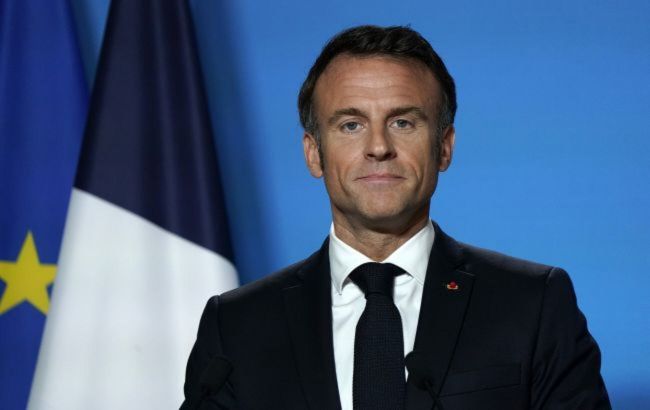French government rescued from collapse - Who saved it
 Photo: Emmanuel Macron (Getty Images)
Photo: Emmanuel Macron (Getty Images)
The Socialist Party temporarily withdrew its support for a no-confidence motion, giving Prime Minister Sébastien Lecornu another chance following the suspension of President Macron’s pension reform, according to CNN.
The French government, led by Prime Minister Sébastien Lecorn,u has temporarily remained in power after the Socialist Party announced it would not vote for his dismissal, despite pressure from radical factions.
The move provided a brief reprieve for the 39-year-old premier, whom President Emmanuel Macron had dismissed last week, only to abruptly reinstate him days later.
In his address to parliament, Lecornu made a key concession by suspending Macron’s controversial pension reform, which sought to raise the retirement age from 62 to 64. The measure was the left’s main demand and became the price of a fragile political truce. According to government estimates, halting the reform will cost €400 million in 2026 and €1.8 billion in 2027.
The Socialists sent a clear signal: they do not support the government but are willing to negotiate for influence, aware that dissolving parliament and calling snap elections could empower the far right, which already leads Macron’s centrists in polls.
Socialist leader Boris Vallaud said his party could bring down the government but would act in the national interest, implying limited yet crucial backing for Lecornu.
Macron's balancing act
President Macron, under record political pressure, warned that any successful no-confidence vote would automatically trigger snap elections, a scenario that threatens to destabilize the already fragmented parliament, split between the far left, far right, and centrists.
The current crisis traces back to 2024, when Macron dissolved the National Assembly after his party’s defeat in the European elections. The result was a paralyzed legislature, where every reform now requires painful compromise.
Economic strain
Political uncertainty has already rattled France’s economy. Public debt continues to climb, governments change rapidly, and Fitch Ratings has downgraded France’s credit score. Investors remain cautious, fearing another round of political turmoil.
What's next
A crucial confidence vote is scheduled for Thursday. Budget debates could become a breaking point if Lecornu fails to rally enough support.
The far right is preparing to strike, the Socialists are wavering, and Macron is searching for his next move in an increasingly unstable political game.
France now enters a period of political turbulence, where a single misstep could trigger snap elections with unpredictable consequences.
Background
On September 8, the National Assembly voted no confidence in former Prime Minister François Bayrou, ending his nine-month tenure. The next day, Macron appointed Lecornu, then defense minister, as his replacement.
Lecornu’s new cabinet lasted only 27 days before he resigned amid internal disputes, only to be reappointed four days later after consultations.
On October 13, the Élysée Palace officially announced the formation of a new government under Lecornu’s leadership.

